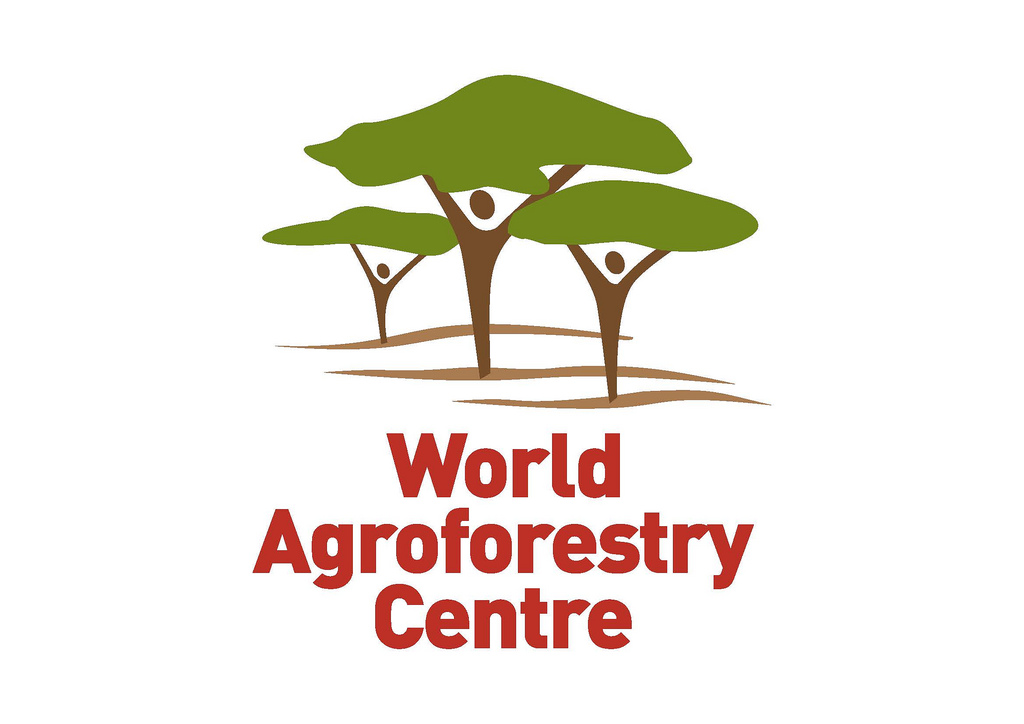Location
The World Agroforestry Centre (ICRAF) is a CGIAR Consortium Research Centre. ICRAF’s headquarters are in Nairobi, Kenya, with six regional offices located in Cameroon, China, India, Indonesia, Kenya and Peru.
The Centre’s vision is a rural transformation throughout the tropics as smallholder households increase their use of trees in agricultural landscapes to improve their food security, nutrition security, income, health, shelter, social cohesion, energy resources and environmental sustainability.
ICRAF's mission is to generate science-based knowledge about the diverse benefits - both direct and indirect - of agroforestry, or trees in farming systems and landscapes, and to disseminate this knowledge to develop policy options and promote policies and practices that improve livelihoods and benefit the environment.
The World Agroforestry Centre is guided by the broad development challenges pursued by the CGIAR. These include poverty alleviation that entails enhanced food security and health, improved productivity with lower environmental and social costs, and resilience in the face of climate change and other external shocks.
ICRAF's work also addresses many of the issues being tackled by the Sustainable Development Goals (SDGs) that aim to eradicate hunger, reduce poverty, provide affordable and clean energy, protect life on land and combat climate change.
Members:
Resources
Displaying 116 - 120 of 146Reducing emissions from deforestation and forest degradation in Indonesia
This paper summarises a study undertaken by the Indonesian Forest Climate Alliance (IFCA) to support Indonesian stakeholders to participate in global negotiations. The authors note that the objective of reducing emissions from deforestation and forest degradation (REDD) payment distribution mechanisms is to support policies and measures that reduce deforestation and degradation through transfer of revenues from international REDD funds or carbon markets to national levels.
Moving beyond forestry laws in Sahelian countries
Sahelian rural populations’ needs are sourced from on-farm indigenous tree species. However, access, use and management of indigenous tree species within their territories are restricted by forestry laws. This has built suspicion and discontent between foresters and natural resource users. Natural resource users argue that they own the trees on their farms; in contrast, the state claims to own protected indigenous trees on farms as stipulated in the forestry laws. These mismatches have served to increase deforestation despite stringent penalties and use of permits and licenses.
Future forestry education. Responding to expanding societal needs
Forestry education in recent years has largely failed to adequately respond to the dynamics in forestry practice, the demands of the job market and the challenges of new global forestry paradigms.
Land, Forest and People: Facing the Challenges in South-East Asia - Rights and Resources Initiative
This is a regional overview of the main legal and regulatory questions concerning ownership or access to and management of land-based natural resources. Using the Listening Learning and Sharing (LLS) method, RECOFTC, the Southeast Asia office of the World Agroforestry Centre (ICRAF) and other RRI partners from the Asia region produced a regional overview of the main legal and regulatory questions concerning ownership or access to and management of land-based natural resources.
Land tenure and land management in the districts around Mount Elgon: an assessment presented to Mount Elgon Regional Ecosystem Conservation Programme (MERECP)
This working paper reviews historical and current factors and patterns affecting land use, land tenure, resource access, human settlement, and conflicts over resource access and tenure in the districts around Mt. Elgon in Kenya and Uganda.




